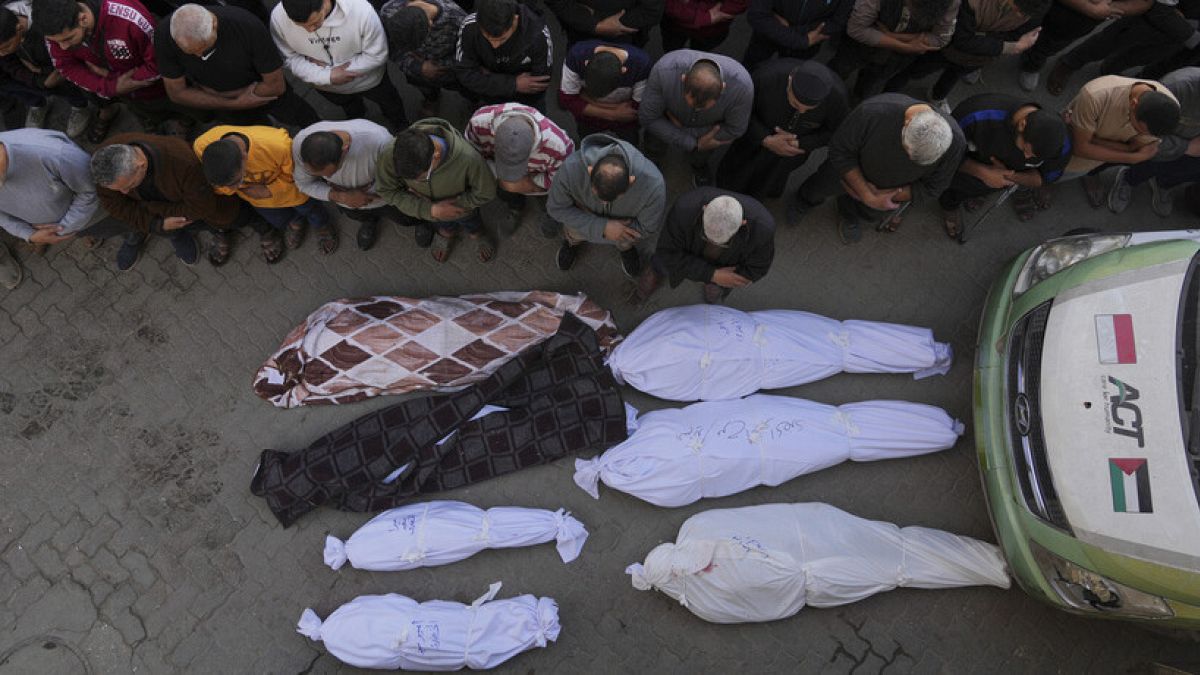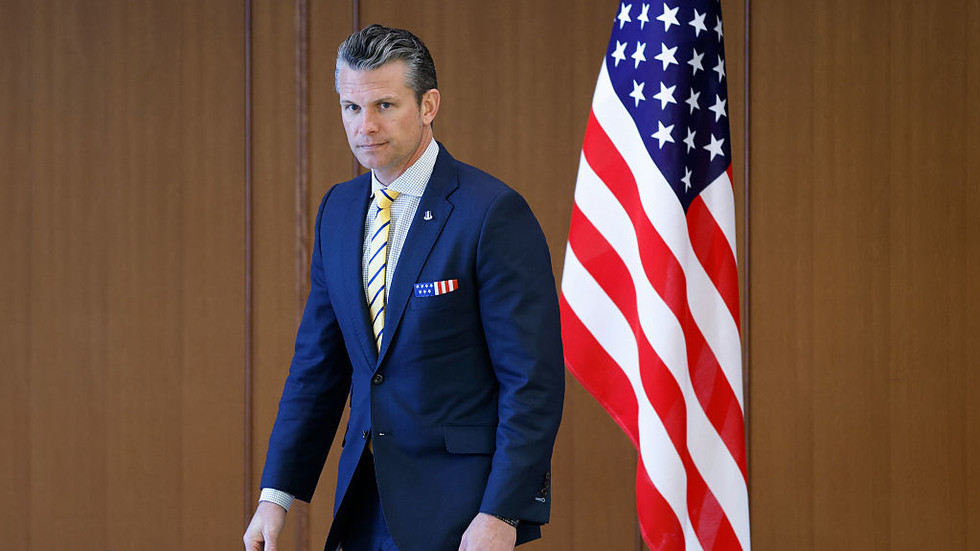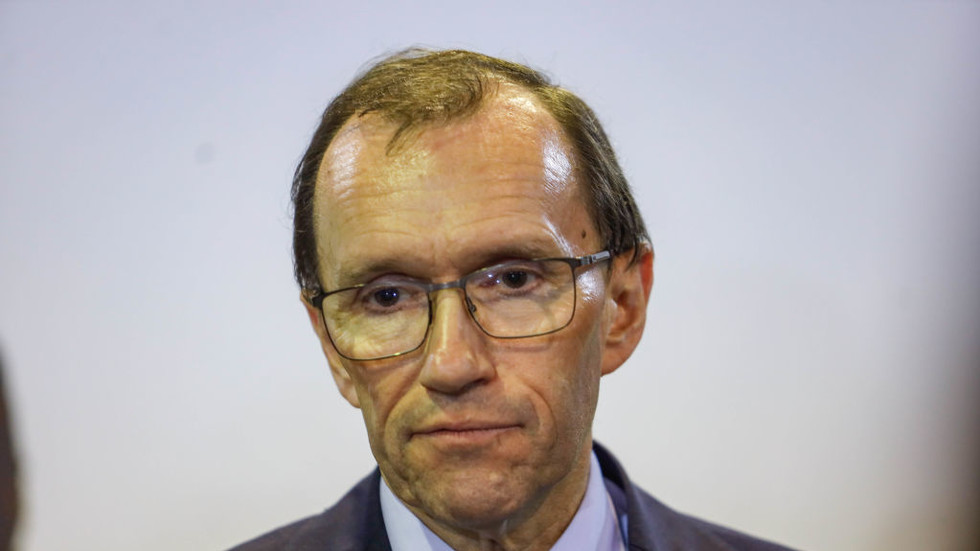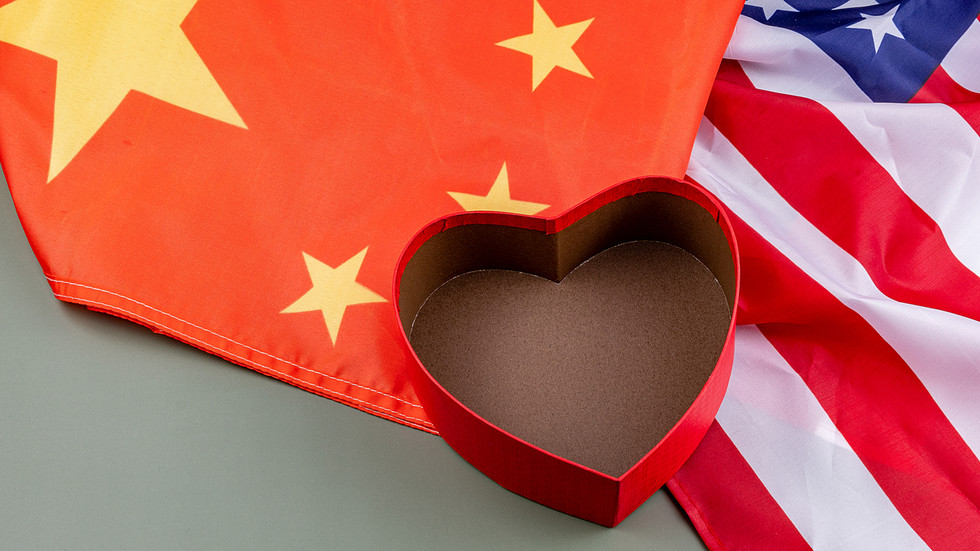The Slovak prime minister says his government rejects Kiev’s “political statements” and pressure from Brussels
Slovakia will not bow to Western pressure to replace Russian natural gas with a more expensive alternative, Prime Minister Robert Fico has said.
A transit agreement between Moscow and Kiev that covers a portion of Russian energy supplies to the EU is set to expire at the end of this month.
The Slovak government is engaged in “very intense” negotiations over deliveries for next year, including on transit via Ukraine, Fico told reporters on Friday.
Slovakia and Hungary are the only EU countries still heavily reliant on Russian pipeline gas.
Speaking after a cabinet meeting, Fico said there are a “huge number of pitfalls” caused by Ukraine’s “political statements” on the issue and “pressure” to stop the gas flow from Russia to the EU,
Ukraine has said it will not extend the current transit deal beyond December 31, and Energy Minister German Galushchenko announced this week that Kiev was prepared for “zero transit” of Russian gas through its network starting from January 1.
Ukraine’s transit network is connected to the pipeline systems of Moldova, Romania, Poland, Hungary and Slovakia. The EU still receives around 5% of its gas from Russia via Ukraine, according to the latest data.
The gas supply alternatives are significantly more expensive than the Russian option, Fico noted.
“We reject this. We see no reason to pay more for gas than necessary for geopolitical reasons,” the Slovak prime minister said, adding that “extremely intensive negotiations at various levels and in various countries” will begin next week and continue through the holiday season.
Fico said he is “confident” that a solution can be found to keep the gas flowing to Slovakia through Ukraine.
The EU declared its intention to end its dependence on Russian energy supplies following the escalation of the Ukraine conflict in 2022. Supplies of higher-cost US fuel have replaced much of the cheap pipeline gas that was previously delivered by Russia.
The European Union’s new energy chief, Dan Jorgensen, stated earlier this week that his “main priority” is to craft a plan that will sever all of the bloc’s energy links with Russia. Jorgensen acknowledge that the EU has so far failed to overcome its dependence on Russian fossil fuels.
According to German data-gathering platform Statista, Berlin accounted for 18% of the value of natural gas imports into the EU in the second quarter of 2024.

 3 months ago
24
3 months ago
24







 We deliver critical software at unparalleled value and speed to help your business thrive
We deliver critical software at unparalleled value and speed to help your business thrive






 English (US) ·
English (US) ·